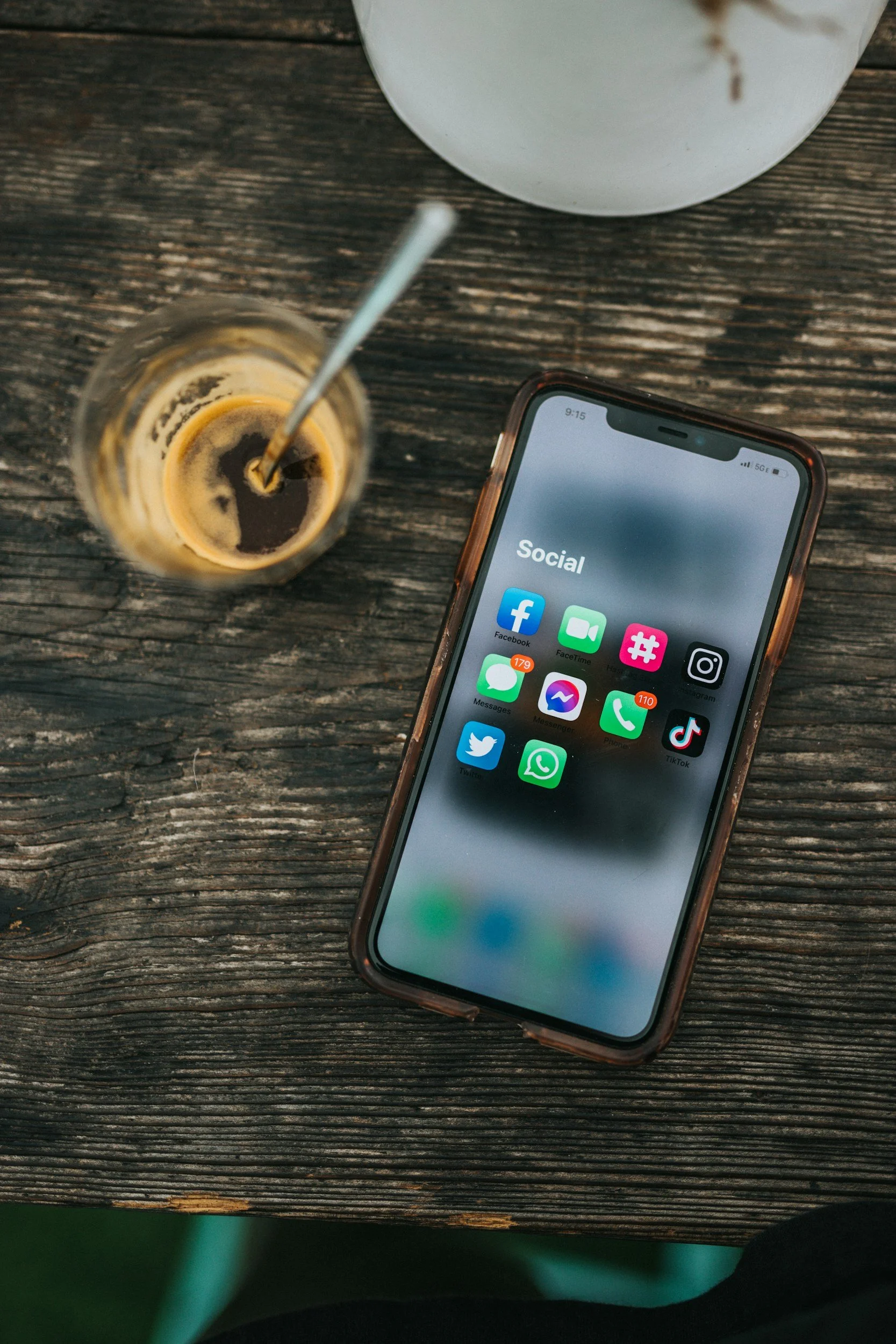By Karen Skelly
It was truly an honor to be selected as a judge of the Help America Hear 2023 scholarship competition. While reading the essays written by high school seniors across the country who live with hearing loss, I was moved to tears at times as they described their educational struggles from early childhood through high school. But I also smiled as they shared amazing stories of courage, tenacity, and perseverance.
Many of the students wrote about gradually learning to advocate for themselves in the classroom, and others talked about learning to swallow their pride and accept assistance. They all chose to rise above their challenges.
Two letters of recommendation were submitted with each application. The recommendations were written by guidance counselors, teachers, and employers who knew each student well. I found it striking to read their remarks, which unanimously expressed the highest praise for each student’s character, while congratulating them on their achievements and offering encouragement to never give up on their dreams.
It was also inspiring that several students mentioned in their essays that they planned to major in audiology or related fields to learn how to help others with the same “invisible disability.”
Although only 10 students were ultimately selected as finalists, every single one was deserving of financial support as they begin their college careers. The winners each received a $4,000 scholarship to the student’s college or vocational school of choice, and some also received state-of-the-art hearing aids from ReSound if their current devices were older than three years old.
My unique perspective on the difficulty these students face in school is related to my own hearing loss journey. Although I was fortunate to not experience hearing loss as a child when learning to speak or play music, I received a cochlear implant in my 50s due to a head injury that deafened me in my right ear. Despite the CI, I still found it difficult during the pandemic to understand people talking while wearing masks and to use technology such as streaming devices.
I have a lot of empathy for these young adults who will be moving from their families, hometowns, and high schools onto college campuses, but I know their resilient spirits will help them succeed in any environment.
I want to express my heartfelt thanks to Help America Hear for giving these deserving young adults an opportunity to make a huge difference in the world and become the next generation of leaders!
Congrats to This Year’s Winners
Georgios Anamisis
Brady Gudauskas
Sydney Hayes
Nicole Lee
Jakob Gray
Kaya Hotz
Brett Patrick
Morgan Pickeral
Veronica Urdaneta
Parker Violand
We will be sharing some of the winning essays here on our blog.
Karen Skelly is a development officer at Hearing Health Foundation. Help America Hear is a partner for HHF’s Keep Listening campaign. For more, see helpamericahear.org.








These findings suggest that the ability to integrate what is seen with what is heard becomes increasingly important with age, especially for cochlear implant users.